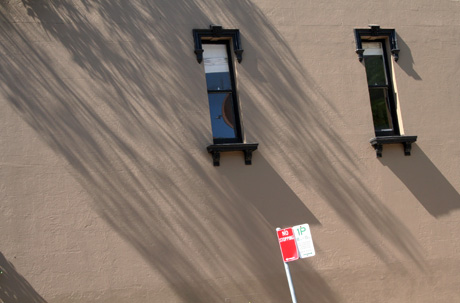
The gleaner and the cleaner #2
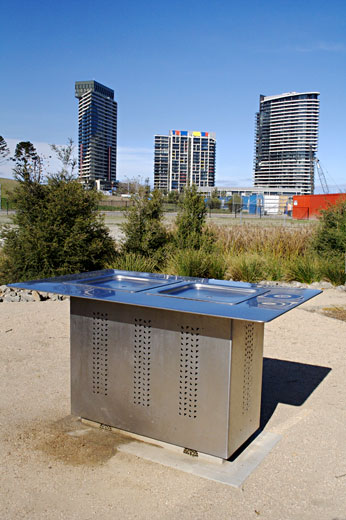
“Does anybody use this place?” J- enquired.
“Yeah, all the time”.
“But the barbeque is so clean”
“I’m the cleaner” he replied and set to with a cloth, removing traces of dust that were drifting in from a nearby construction site.
“The last three weeks it’s been quiet” he continued, “before that it was very bad.
Lot’s of people break bottles. Break the doors. They come for 3 weeks.
The security guys they are just sleeping.
If they catch them they get 1 month jail.”
“Do you like this place?” she asked.
“It’s very expensive here, one lady she tell me it cost $4-500,000 for one apartment.
I don’t live here though, my home is in Reservoir. I just catch the train. It stops just over there.”
Gleaner and the cleaner #1
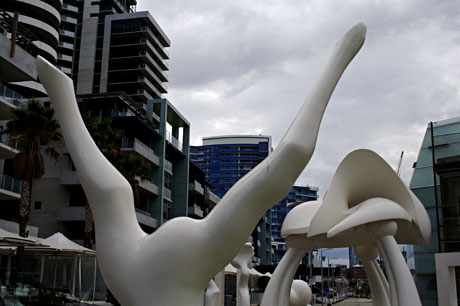
“I have to clean this work every week.
It takes me one and half hour. The children they play on it.
They climb up, you see these marks are made by their shoes. They hang off the legs for a photograph. The manager tells them off but they take no notice.
I clean all the artworks. I like them very much, they are the creation of human beings.”
Public art: Silence by Adrian Mauriks 2002
The botanist of the pavement
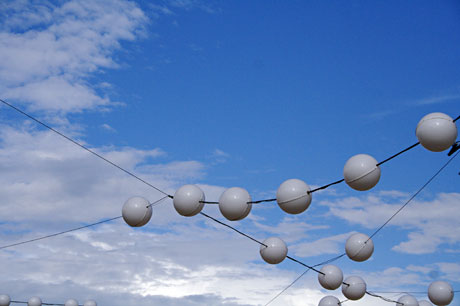


Looking up, looking down and looking into the distance at Docklands.
In the 1850’s the French poet Baudelaire believed that traditional art was inadequate for the new dynamic complications of modern life. Social and economic changes brought by industrialization demanded that the artist immerse himself in the metropolis and become, ‘a botanist of the sidewalk’, an analytical connoisseur of the urban fabric.
View from a bridge #3
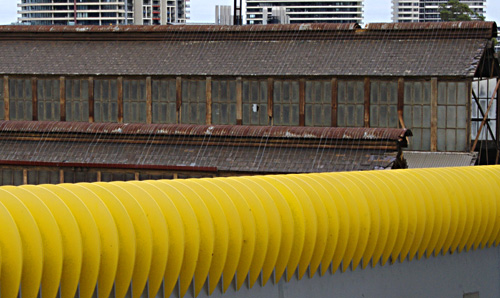
Collins Street Bridge – south side.
Railway Goods Shed number 2 sliced in half.
View from a bridge #2
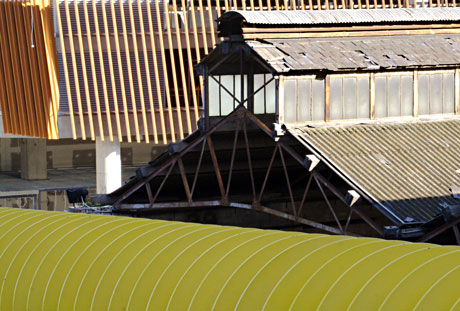
Collins Street Bridge – gold edged view to the north.
– Discovering the fields of gold or the source of the decorative device?
Beside the river next to the bridge
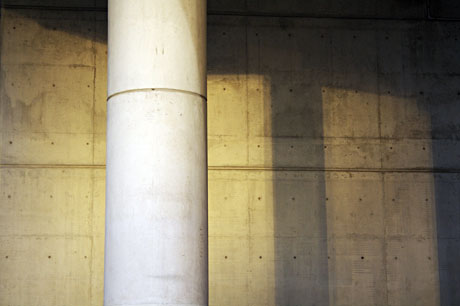
The old Crown Casino site.
Depends on your point of view
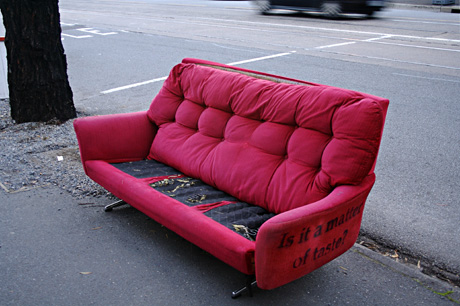
I love St Kilda will be posting from the old site.
View from the bridge
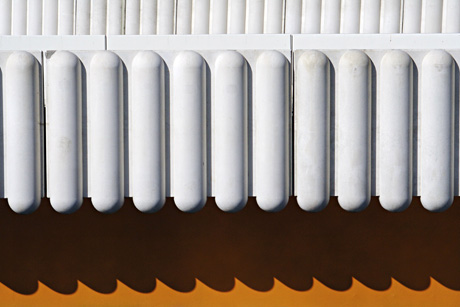

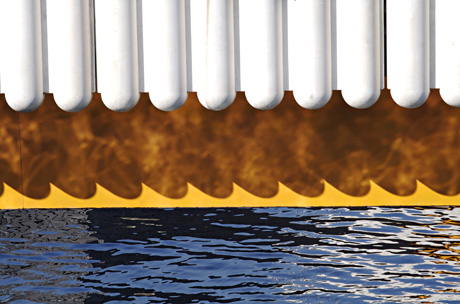
On the bridge
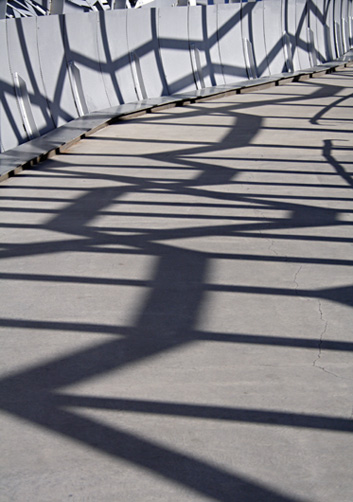
Webb Bridge – artist Robert Owen
Under the bridge
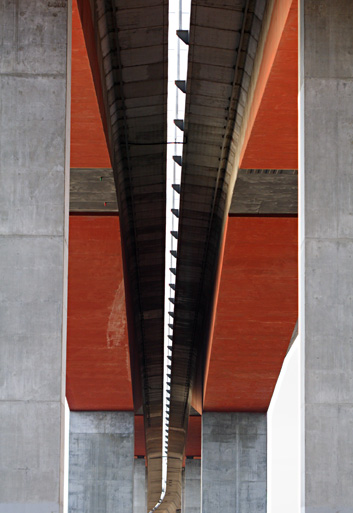
Bolte Bridge – Docklands
Botanist of the pavement is a new project exploring Melbourne from the centre to the edges.
Fields of gold

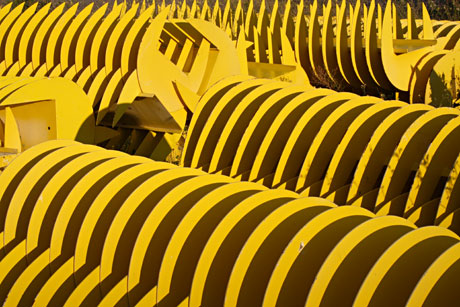
Docklands or badlands?
Found: under the Bolte Bridge
Torquay rocks
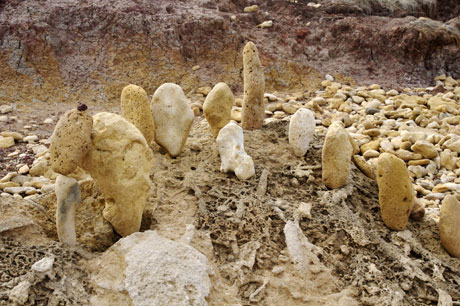
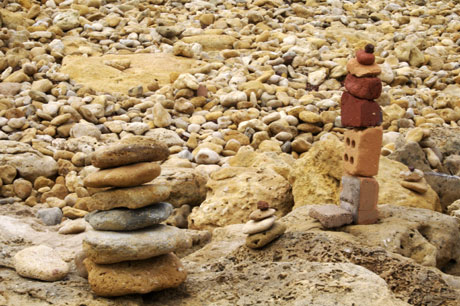
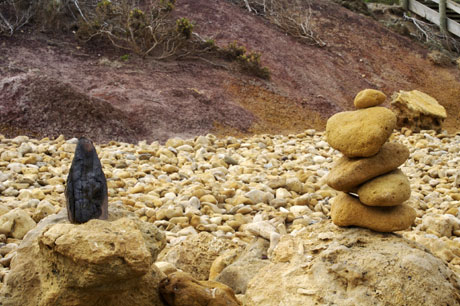
Overheard conversation:
They’ve been there at least a week!
Walking around Carlton
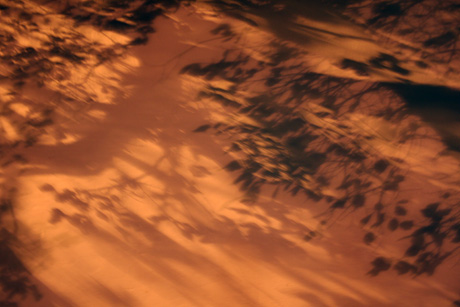
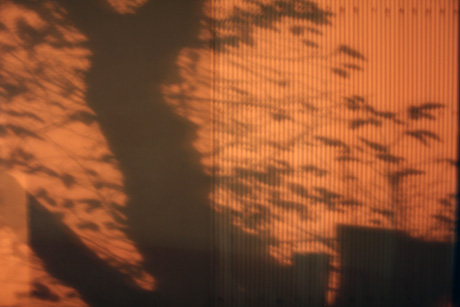
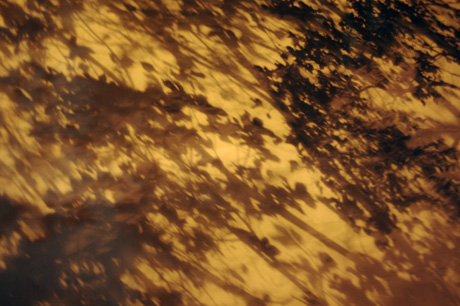
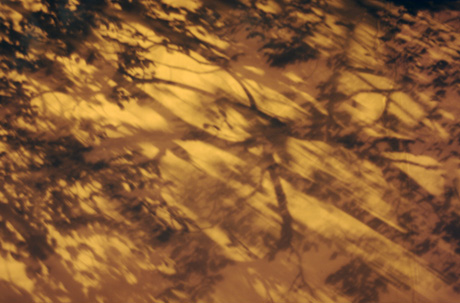
Walking around Paddington
